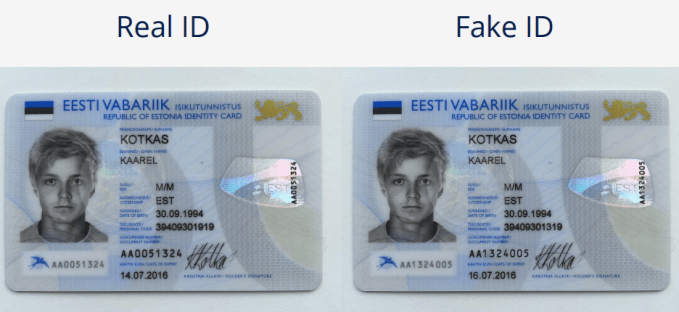Whenever you are doing something online that requires you to present an official ID like a passport or driver’s license to complete the transaction, it presents risk to both parties. Consumers want to know they are secure and brands want to know the person is using valid credentials. That’s where Veriff comes in.
Kaarel Kotkas, CEO and founder of the company, says the goal is to be “the Stripe of identity.” What he means is he wants to provide developers with the ability to embed identity verification into any application or website, as easily as you can use Stripe to add payments.
The company, which was originally launched in Estonia in 2015, is a recent graduate of the Y Combinator winter class. When you undertake any activity on the web or a mobile app that requires a valid ID, if Veriff is running under the hood, you can submit an ID such as a driver’s license. It uses a secret sauce to determine that the ID being presented is an officially issued one and that it belongs to the person in question.
When you consider that there were over 15 million identity thefts in the US in 2016 alone, you know it’s not a simple matter to identify a forgery. Fake IDs can be quite good and it’s often difficult to identify fraudulent ones with the naked eye.

It’s hard to tell the difference between the real and fake IDs in this shot. Photo: Veriff
If you want to open a bank account online for instance, you have to provide proof of identity for the bank. With Veriff, you take a picture of yourself, then submit a picture of your official ID and Veriff analyzes it to make sure it’s valid.

The idea is to make the ID process easy and quick for the consumer, while providing an accurate way for the brand to check IDs online. Consumers also benefit because someone can’t use their identity online to get credit or other services.
If there is an issue with the ID, the person can be directed to a human for a video chat where they can discuss it if need be.
The company currently has 20 customers and is on track to do $100,000 in revenue this month, according to data they provided at their Y Combinator Demo Day presentation. They plan to make money by charging $1 per verification.
from Startups – TechCrunch https://ift.tt/2pRzEmM
Comments
Post a Comment